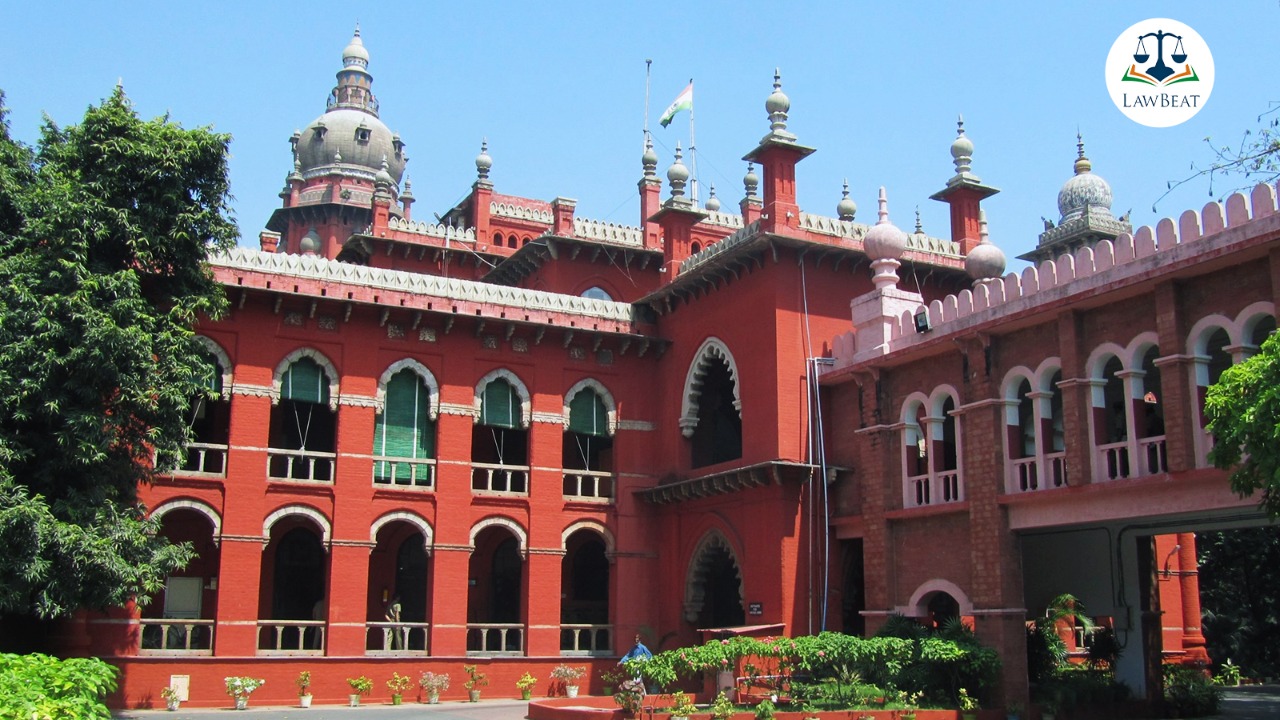Madras High Court grants bail to Muslim man booked under UAPA & accused of killing Hindu man

Court, while granting bail stated that there was no complaint from anyone, no one was injured, and that the UAPA charges were only included to prevent Saddam from obtaining bail.
The Madras High Court on Friday granted bail to one Sadam Hussain after spending nearly 100 days in prison on charges of killing a Hindu man named Kumaresan under the Unlawful Activities (Prevention) Act 1967 (UAPA).
While granting bail, a division bench of Justice S. Vaidyanathan and Justice AD Jagdish Chandira observed that there was no complaint filed from any person and no one was injured in the case and the provisions of the UAPA had been included "solely to deny/delay" the appellant's ability to obtain bail.
Court also opined that the allegations against Sadam did not fall within the definition of the "Terrorist Act" and there were no reasonable grounds for believing that the accusation against him is prima facie true.
According to the prosecution, Sadam was discovered in suspicious circumstances and was apprehended by a police constable on March 7, 2022, and on inquiry, he revealed that he was a member of the Indian Muslim Development Association (IMDA).
During his further investigation, Sadam revealed that he has been deputed by Bakrudeen as part of a criminal conspiracy to give signals to him and his two associates to enable them to murder Kumaresan, as he had objected to Kumaresan son's conversion to Islam after marrying a Muslim girl.
The police further revealed that the intention of all the accused was to murder Kumaresan, a Hindu, and thus instill “fear” and “terror” in the minds of people of other religions so that they would not venture to marry people of the Islamic faith and convert them to Hinduism.
Court noted that the prosecution’s motive against Sadam has two limbs, one is to remove the impediment to convert Kumaresan’s son Arunkumar, who had married a Muslim girl from Hinduism to Islam, and the other is to threaten the other section of people not to collide with Islam.
Court also opined that if Sadam truly wanted to kill Kumaresan so that he would not impede his son's conversion to Islam, the plan would have been to kill him while keeping the plan secret.
Court also added that if they wanted to instill fear and terror in people of other faiths, their plan would have been to openly murder Kumaresan.
"A logical analysis would reveal that both the limbs of motive travel vice versa and they cannot be meeting at any point," the Court stated.
Court further noted that police initially booked under offences under Section 153 (A) (attempting to create communal tension) and 120 B (criminal conspiracy) of the Indian Penal Code (IPC) and the Criminal Law Amendment (CLA) Act and later invoked provisions of the Arms Act and UAPA.
Later, based on the recovery of three long-sized bill hooks from the other accused, the case was changed to one under Sections 153A(1)(b), 120(B), and 201 of the IPC, as well as Section 7(1)(a) of the CLA Act, 1932, and Section 25(1A) of the Arms Act.
Thereafter, based on the Muslim girl’s confession it was changed to one under Sections 153A (1)(b).
Conclusively, Court granted bail to Saddam on executing a bond of Rs.25,000 with two sureties each of like amount and directed Sadam not to commit any offence and to not tamper with evidence or witness.
Case Title: Sadam Hussain v. State represented by the Inspector of Police & Anr.
